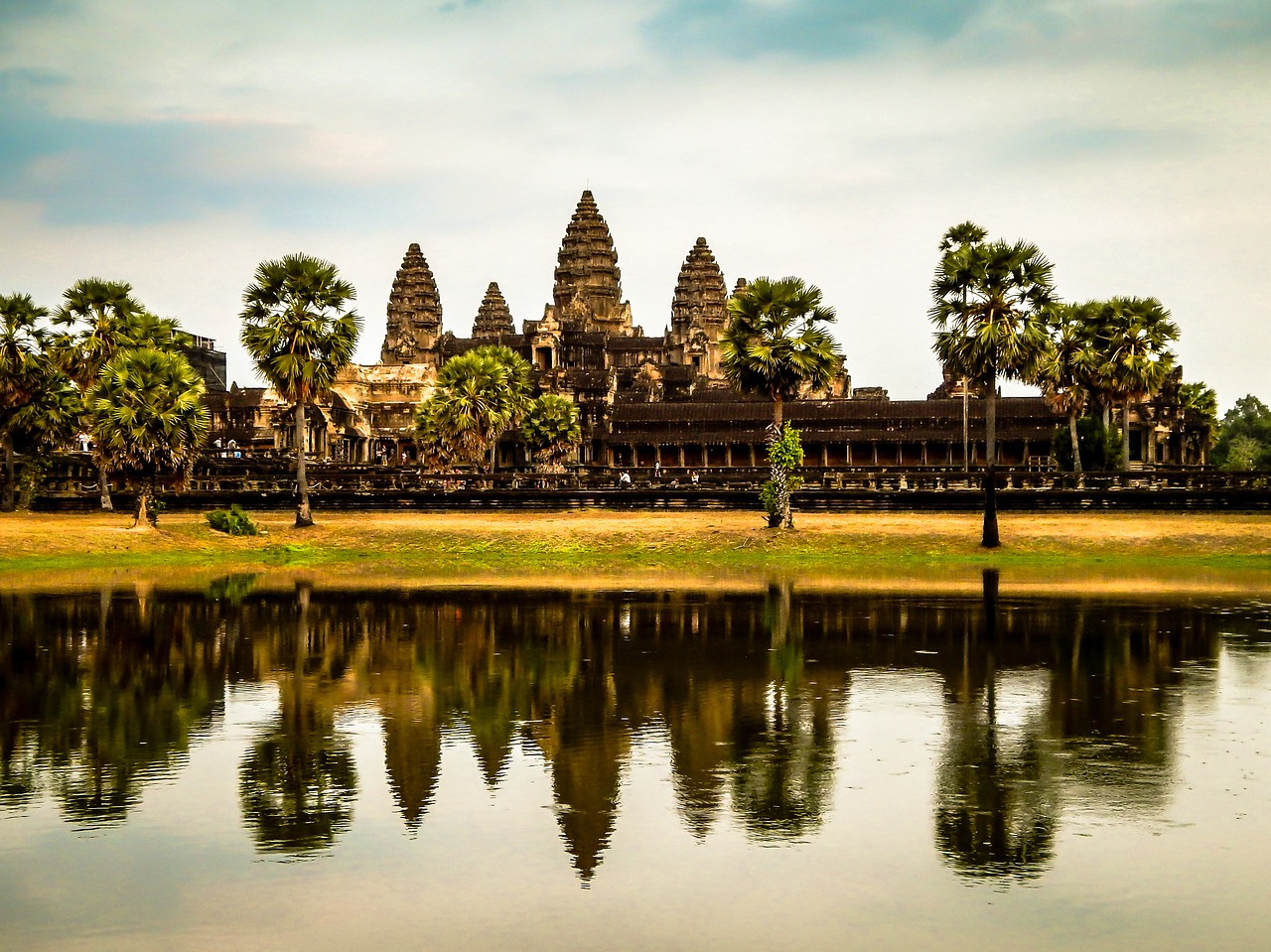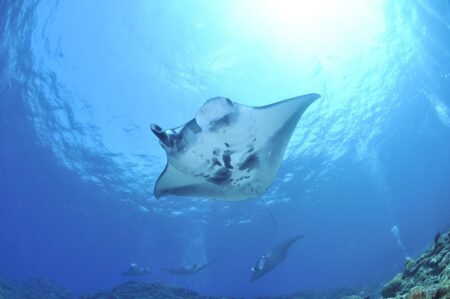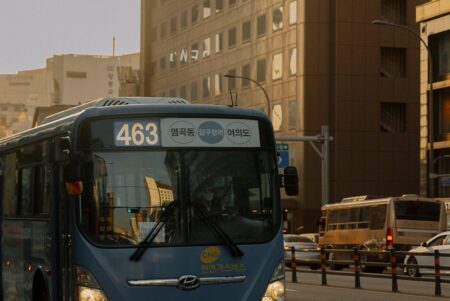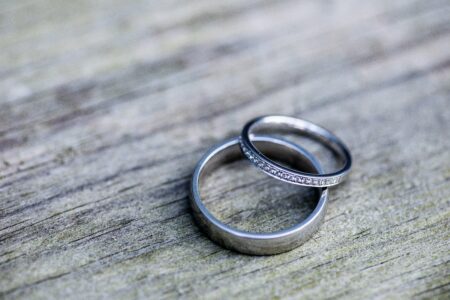Is Cambodia its own country? The answer depends on your own personal viewpoint. The political and economic structure of the nation has changed considerably over the last century.
While there were a few liberal democracies in Phnom Penh, that influence has waned as the country moves closer to China. In 2005, China accounted for half of the country’s foreign direct investment. Today, the country is one of the top creditor countries in the world.
While it’s important to recognize the country’s diverse cultures and traditions, it’s also important to remember that Cambodia is a country with its own laws. The Constitution of the Kingdom of Cambodia provides for the independence of the judicial branch.
In the case of foreign media, the Cambodian government censors or bans the media from the country. The judicial branch is a separate body in the country and does not share the power of the executive or legislative branches.
Cambodia is also a relatively poor country, with many people earning only $30 per month. There is a high level of corruption, with public servants demanding pay-outs in return for services.
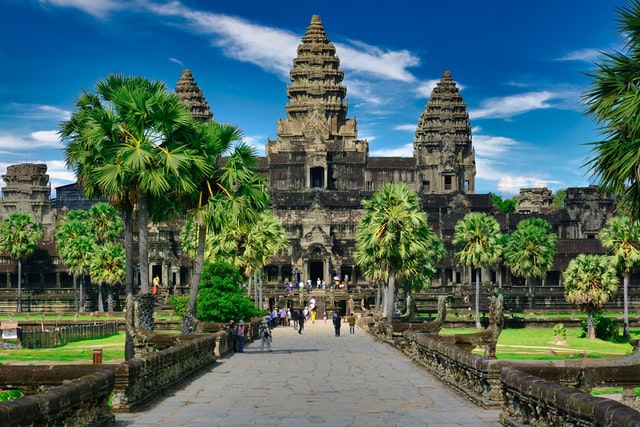
Teachers often ask for money from their students, and police ask for money from them. The gap between rich and poor is growing even wider. The Khmer Rouge’s atrocities were based on this divide. The current situation makes Cambodia seem even more insular.
Although the country has its problems, its constitution guarantees independence and equality for its citizens. This means that the judicial system has the power to protect the rights of its citizens.
In addition, it has the power to protect the environment, protect the price of agricultural products, and create an independent trade system. The Khmer government supports economic development, including the development of remote areas.
It promotes modern technologies, credit systems, and the local economy. The country’s judicial system helps solve problems and provides support to farmers, craftspeople, and other businesses. The constitution has a number of provisions that protect the rights of children.
For example, the rights of children include rights to life, education, and welfare. The government’s constitution also recognizes the rights of women and minorities. In fact, a number of provisions in the Constitution give Cambodia its own identity.
The constitution also guarantees that Cambodian citizens are protected from economic exploitation. If this is the case, how will the tribunals decide which of the two parties are guilty? The government of Cambodia has a strong relationship with China.
Its bordered countries are Vietnam, Thailand, and Laos. In addition, it has developed diplomatic relations with numerous countries, which include the US. It has official status in the United Nations and has an embassy in Phnom Penh.
Its population is predominantly rural and lives mainly on subsistence farming. As a result, most of the workers in Cambodia are poor. In the past, Cambodia was a constitutional monarchy, but during the French colonial era, it lost control of the Mekong Delta region to Vietnam.
Since then, the Vietnamese had ruled the Mekong Delta for decades, and the Mekong Delta is still home to about one million ethnic Khmers. The Khmer Rouge attempted to recover this territory but was forced to give up its land to the Vietnamese.
The Cambodian constitution also guarantees the rights of children. The right to life, education, and welfare are all recognized in the constitution. There are twenty embassies in the country. Apart from these, it has diplomatic relations with many Asian neighbors.
Its ties with the US, Europe, and Japan are strong. It has a large number of NGOs and multinational corporations, which are working to help its people build up a prosperous economy. Despite its small size, Cambodia is home to over 15 million people.
The majority of the country’s population is Buddhist, but there are ethnic minorities of Chinese and Vietnamese. There are over 30 hill tribes, and there are ethnic minorities of the Cambodian people.
The capital city of Phnom Penh is the political and cultural center. The country’s government is a constitutional monarchy. It is governed by an elected prime minister, known as Hun Sen.
